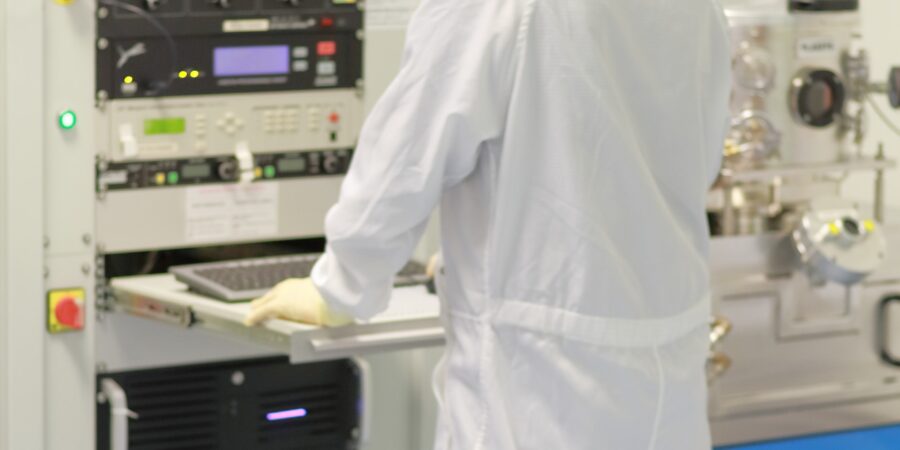Steve G Papermaster, Nano CEO and chairman, leads a company that is pioneering the field of nanotechnology. This article will explore some of the latest developments in nanotech, identifying potential applications in medicine that could make treatments smarter and more effective.
Today, physicists are using nanoparticles to ‘peel back the curtain’, providing new insights into extremely small objects – items thousands of times smaller than a human hair. This presents potential for major gains in many fields, particularly in the medical world.
Take for example a breakthrough made by Massachusetts Institute of Technology, with a press release made on April 25, 2023, revealing that engineers had designed a nanoparticle sensor capable of detecting cancer via a simple urine test. The sensor, which detects cancerous proteins, could also be used to distinguish tumor type and identify how it is responding to treatment.
The ability to manipulate individual molecules and atoms presents revolutionary potential in healthcare, enabling doctors to treat disease on a cellular level through the development of medical nanotechnologies.
Not only could nanotech be used to treat illness, but it could be used to diagnose and prevent it too. Misdiagnosis remains a significant problem in healthcare, affecting the recovery of millions of patients and causing between 40,000 and 80,000 mortalities annually. Nanotech could significantly improve medical diagnostics while simultaneously making them more convenient and less expensive. Take for example a game-changing new ‘smart pill’ that enables doctors and patients to monitor a variety of different diseases, serving as a nanoscale sensor that can detect the presence of disease long before the patient starts to experience symptoms.
One of the most effective methods of improving patient outcomes is preventing that person from becoming sick in the first place. Waterborne diseases remain one of the most common causes of illness globally. A team of researchers from the University of Arizona recently developed a paper chip coated in nanoparticles containing antibodies against norovirus. When water containing norovirus is dropped on the chip, the virus attaches itself to the nanoparticles, which start to fluoresce in a way that can be seen through a basic microscope. This breakthrough could dramatically reduce the cost of identifying norovirus in water supplies.
Once the remit of science fiction, today nanotechnology is paving the way for the creation of machines and devices on a miniscule scale. In the realms of healthcare, this newfound capability offers the potential to provide clinicians with insights into disease progression on a cellular level, potentially enabling researchers to develop cures for a variety of different life limiting diseases such as cancer, diabetes and Alzheimer’s disease.









